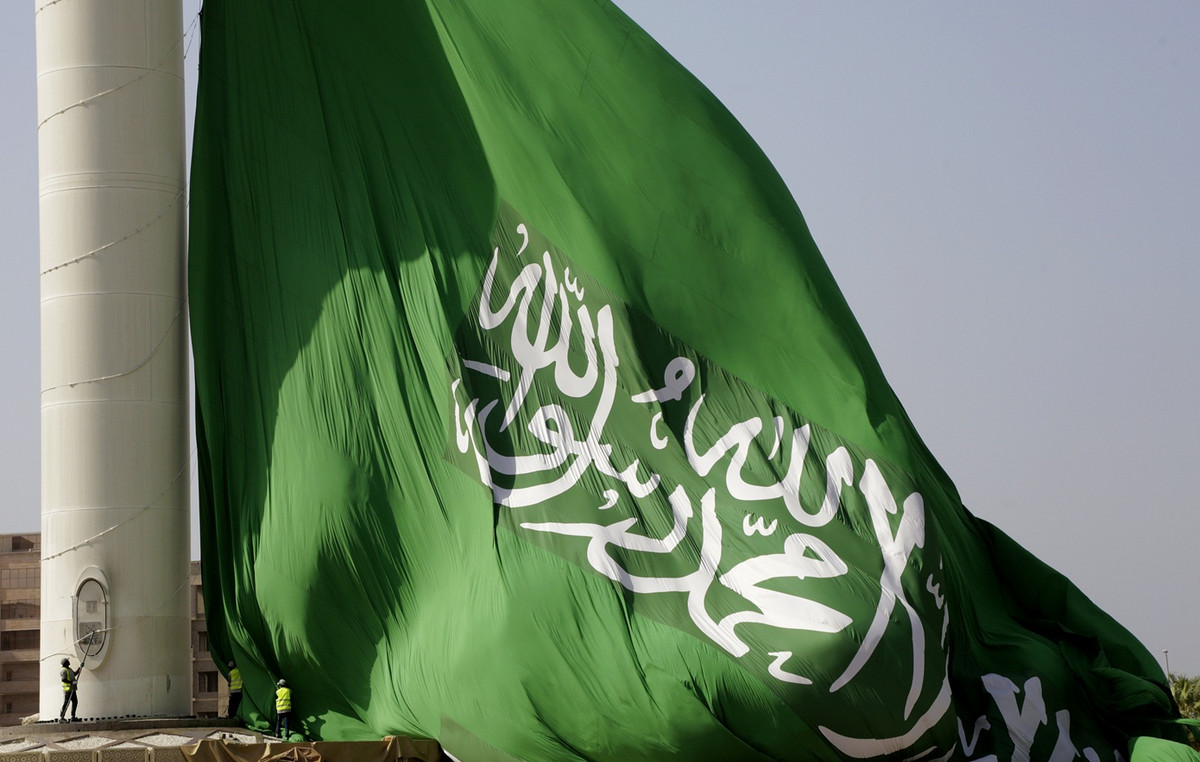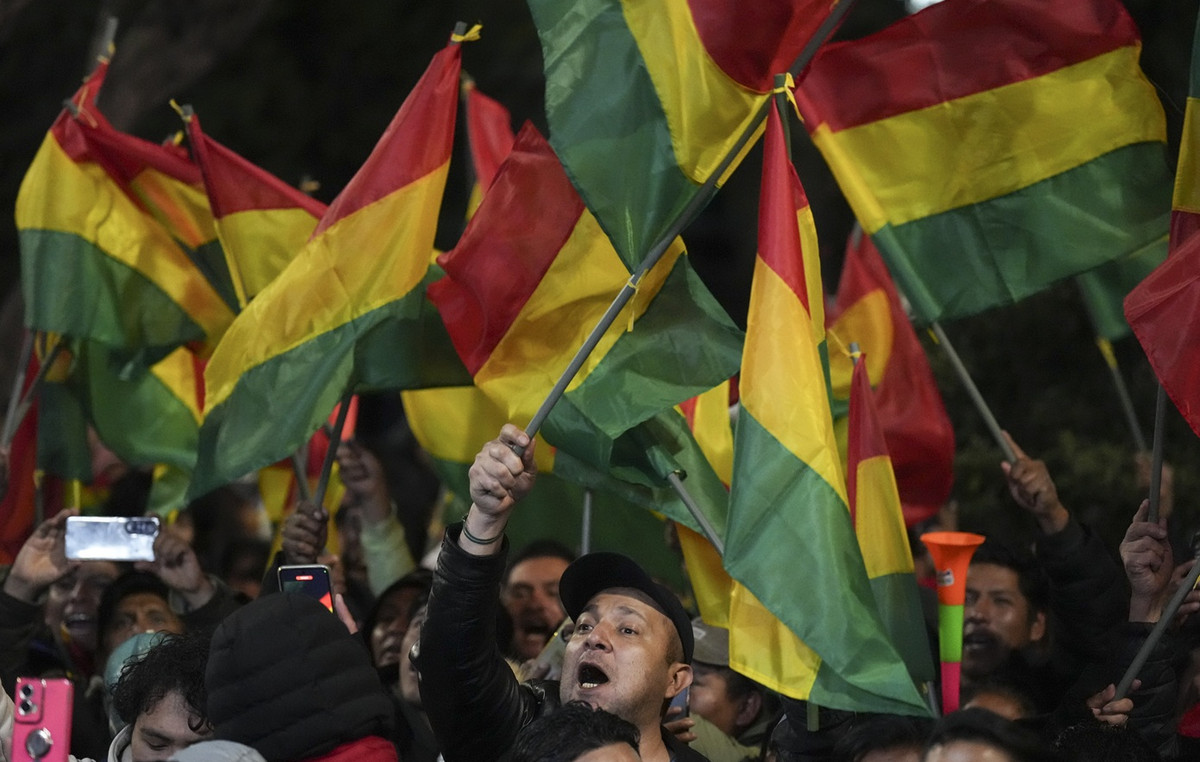The accumulated volume of diesel sales to the consumer, from January to March this year, was 14.8 million m³, the highest in the first quarters since the historical series, started in 2000. Consumption represents 2.22% of growth compared to the same period last year. The data were recorded by the National Agency of Petroleum, Natural Gas and Biofuels (ANP).
The survey shows that, in March, there was a 2.19% drop in diesel consumption. However, the quarter was pulled by February, when demand was 10.19% higher than in January.
According to the Brazilian Association of Fuel Importers (Abicom), the increase in consumption follows the period of the agricultural harvest, which requires trucks to transport goods.
For the economics professor at Fundação Getúlio Vargas (FGV), Alberto Ajzental, it is necessary to wait to find out if the result represents a recovery or a slowdown in the economy.
“The April indicator will show if the country followed the resumption of the production sectors or if it entered a retraction again. The second case would represent a series of social and economic impacts”, explains the professor.
In Brazil, diesel consumption is basically restricted to transport. Used by buses and trucks, the increase in demand also involves a second aspect, considering that 50% of the costs of these activities are linked to fuels, consequently, the transfer of these expenses reaches the Brazilian in all their consumption practices.
“Diesel is in everything, in the mattress that the family buys, in the lettuce plant that serves as food and, of course, in the bus that offers transport to work. If the producer consumed more, this transfer came in the form of an increase in the value of the product for the consumer”, highlights economist Alberto Ajzental.
With the last adjustment applied by Petrobras, of 8.8% since last Tuesday (10), the liter of fuel is sold today, on average, at R$ 6.85, according to the ANP. However, it can already be found at R$ 8.30 in Acre.
Since January, the increase has reached 28.5%, seven times more than the accumulated inflation of the period, of 4.29%, according to calculations by Alberto Ajzental. The economist points out that the increase in costs pressures the readjustment of freight, which can reach 4.5% in immediate effect.
Economist Alexandre Schwartsman warns that the rise in fuel prices should not stop this year.
“The price of a gallon of gasoline abroad is higher than what Brazil has been selling, with a lag of 20%. If the values do not fall, at some point, Petrobras will have to make a new adjustment. With this, it is very likely that the country will reach the end of the year with inflation reaching 8.5%”, he highlights.
Source: CNN Brasil
I am Sophia william, author of World Stock Market. I have a degree in journalism from the University of Missouri and I have worked as a reporter for several news websites. I have a passion for writing and informing people about the latest news and events happening in the world. I strive to be accurate and unbiased in my reporting, and I hope to provide readers with valuable information that they can use to make informed decisions.







